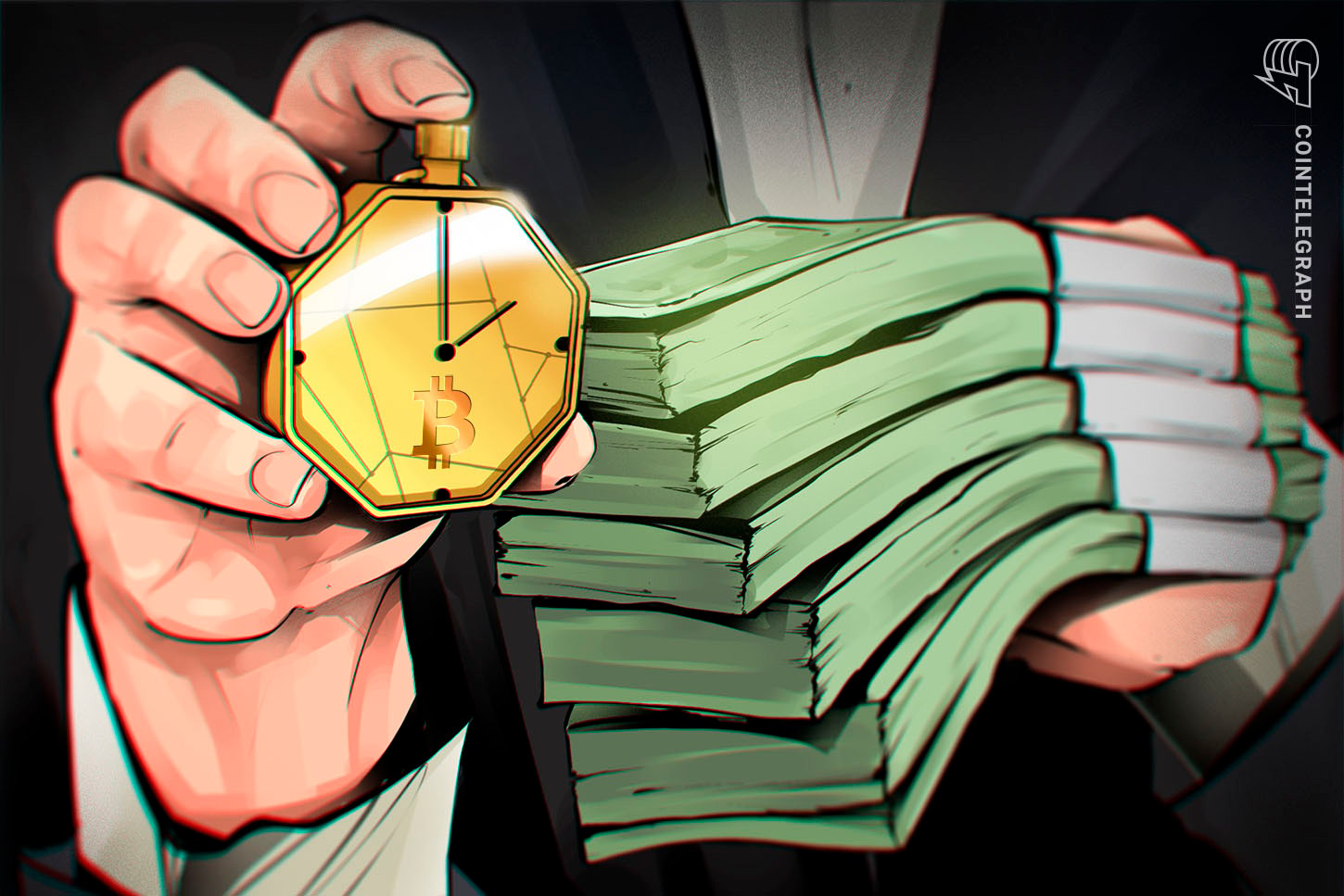Bitcoin (BTC) is becoming investors’ favored escape from fiat misery and punitive economic policy — and central banks are only helping.
In a tweet on Aug. 11, popular commentator Holger Zschaepitz described Bitcoin as the “new darling” for those seeking shelter from hurdles such as negative interest rates.
Bitcoin primed to become “fastest horse”
The past few months have seen the United States Federal Reserve, in particular, intervene in traditional markets, buying huge swathes of control at a cost of trillions of dollars added to its balance sheet.
As the money printing expanded, so did Bitcoin’s value, Zschaepitz noted.
“Bitcoin is the new darling among investors in time of negative real rates and as the price of cryptocurrency follows the combined balance sheet of Central Banks,” he summarized.
Zschaepitz linked to favorable Bitcoin exposure in German mass media outlet Die Welt, which highlighted belief in Bitcoin over gold and silver by Robert Kiyosaki, author of “Rich Dad Poor Dad.”
Kiyosaki is famous for his Bitcoin support, continuing elsewhere last week as the largest cryptocurrency topped $12,000.
“GOLD is up 35% in 2020. S&P only 3%. Silver is still the best, still 30% below all time high. Best because it is limited in quantity, used in industry and still affordable for those with tight budgets,” he tweeted.
“The sleeper is Bitcoin. I suspect it is about to become the fastest horse.”

Central banks’ balance sheet versus BTC/USD. Source: Holger Zschaepitz/ Twitter
Last week, Raoul Pal, CEO and founder of Real Vision, highlighted that Bitcoin was the only asset to outperform central bank balance sheet rises.
Fed keeps 3% “junk” bonds
The relationship with ballooning central bank debt thus shows Bitcoin delivering on its original premise — to shield users from risk engineered by the parties in control of the currency.
As Cointelegraph has often reported, the release of the Bitcoin whitepaper coincided with a now-infamous article in the United Kingdom newspaper, The Times, which contained a front-page headline “Chancellor on Brink of Second Bailout for Banks.”
Meanwhile, data from the U.S. Fed underscores the extent of this year’s interventions — at present, a staggering 3% of its corporate bond holdings are rated “BB,” commonly known as “junk” status.
The numbers form part of the Fed’s Coronavirus response package, which has itself come under repeated heavy criticism from pro-Bitcoin parties. Among them is RT host, Max Keiser, who has accused the U.S. of returning the country to a state reminiscent of the Middle Ages, something he calls “neo-feudalism.”


